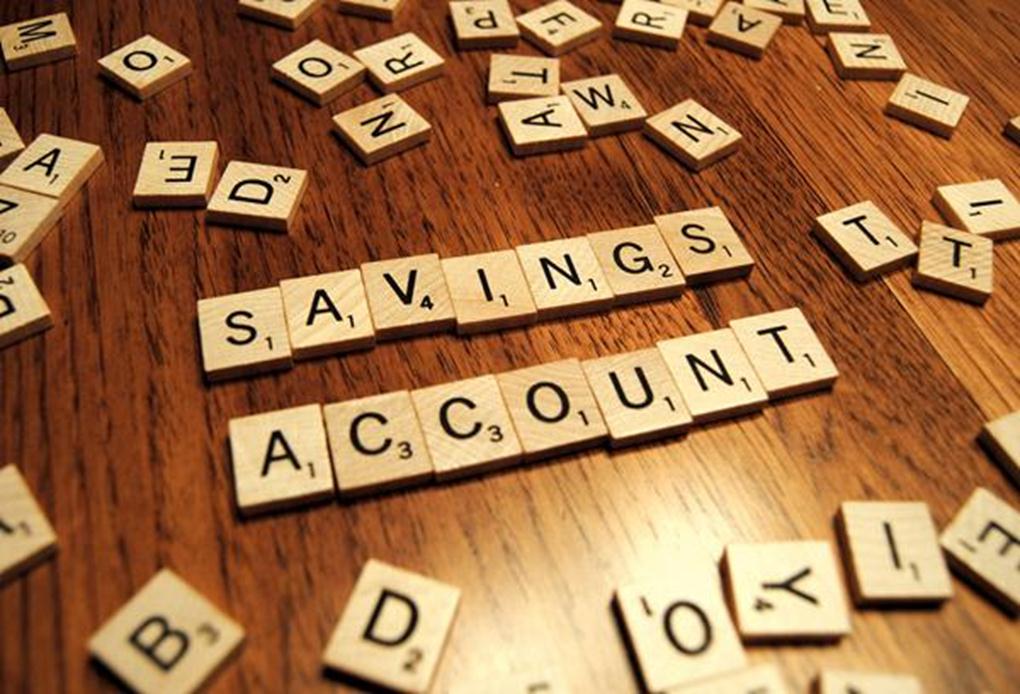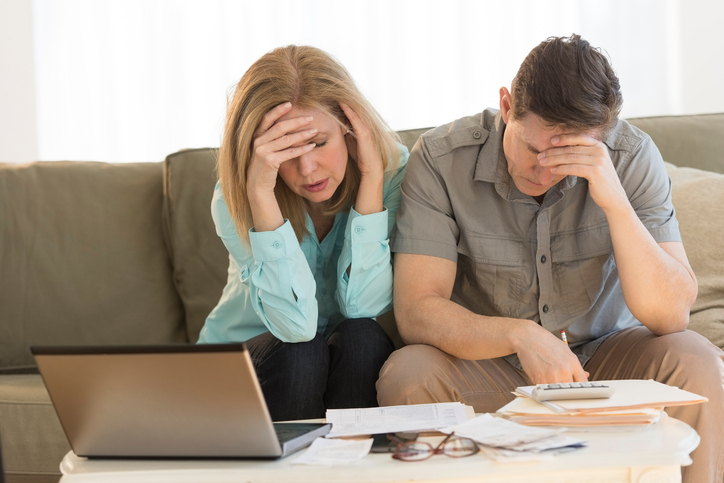Bankruptcy can be a taxing, burdensome process. How does your life change now? These are some of the major ways your life is going to change after filing a Chapter 7 or Chapter 13 bankruptcy case.
Credit Card Offers
The unfortunate truth of bankruptcy is that creditors use this opportunity to send low-balance credit card offers. These cards have the promise to help you rebuild your credit, and it can be easy to fall into this scam. The creditors hide that these cards come with several fees like membership and activation fees that can put you back into debt. There are reputable lenders you can choose, but accepting a pre-approved credit card offer by mail after declaring bankruptcy is a bad decision that can restart the vicious cycle.
Mortgages and Other Loans
After filing for Chapter 7 or Chapter 13 bankruptcy, you may feel as though you’re safe to get new loans. This isn’t the case. The legal action will remain on your credit history for seven or ten years, depending on which chapter you filed. This can make it tough for you to obtain a mortgage, car loans, and other types of financial assistance that require a credit check. After bankruptcy, you may be able to get another loan in a few years once you’ve made regular payments and showed that you could repay the loan.
Interest Rates
You may see a drastic increase in interest rates after bankruptcy. The first few loans or credit accounts are likely to have a high-interest rate because it’s highly dependent on your three-digit credit score. Your credit score was heavily impacted by your Chapter 7 or Chapter 13 bankruptcy case, meaning you’ll have a lower score than before filing. Declaring clears you of debt and gives you the opportunity to start fresh, but it can be more expensive and difficult to do so.
Building Credit
As mentioned before, you’ll get several credit card offers in the mail. Rather than choosing these companies, find a lower interest credit card that you can afford. Building your credit will take several years after you’ve declared bankruptcy, but it’s possible.
Your home or vehicle may have been exempt from the bankruptcy case, and paying these loans appropriately can help improve your financial history significantly. Make sure that you reaffirm your loan with your creditor so that any new payments are reported on your credit score.
Credit Counseling and Debtor Education
In 2005, a bankruptcy reform aimed at helping consumers create better spending habits to reduce the number of cases the United States Courts see each year. It requires that individuals filing for bankruptcy attend credit counseling before declaring and debtor education afterward. After bankruptcy, you can use the knowledge from these classes to help rebuild your credit and establish healthy spending habits that can contribute to increasing your financial health.
Featured Image: Thinkstock/ tetmc




